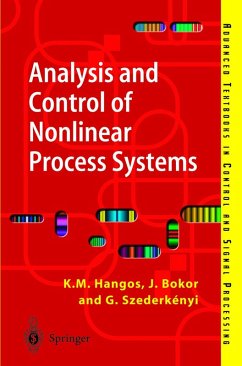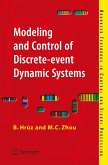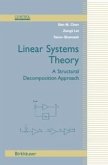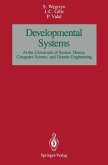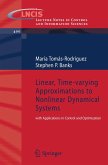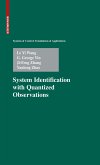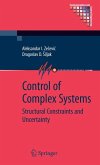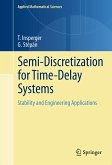Features:
. The necessary mathematical preliminaries for readers from a process engineering background.
. Constant reference to the widely-known finite-dimensional linear time-invariant continuous case as a basis for extension to the nonlinear situation.
. The most promising theories and analytical methods for nonlinear process control laid out clearly and straightforwardly with exercises to reaffirm the techniques as they are taught.
. Emphasis on the importance of process knowledge and first-principles-based models in obtaining feasible and effective solutions in particular circumstances from general cases.
. Illustration of applications with simple examples and case studies.
Analysis and Control of Nonlinear Process Systems will interest graduate process engineers wishing to study advanced control methods either with a view to further research or application in industry as well as to academics seeking to move process control courses into more complicated but up-to-date territory. It will also be a great assistance to those in their senior undergraduate years who will form the next generation of industrial process engineers and need unfussy access to the most modern nonlinear control ideas.
Dieser Download kann aus rechtlichen Gründen nur mit Rechnungsadresse in A, B, BG, CY, CZ, D, DK, EW, E, FIN, F, GR, HR, H, IRL, I, LT, L, LR, M, NL, PL, P, R, S, SLO, SK ausgeliefert werden.
"...I believe this book represents a welcome addition to textbooks on nonlinear systems and control theory and well deserves to be a recommended textbook on the reading list of any nonlinear systems and control course aimed at graduate and postgraduate students in Process Engineering." Automatica 42 (2006) 1829 - 1831 (Reviewer: Mario di Bernado)

